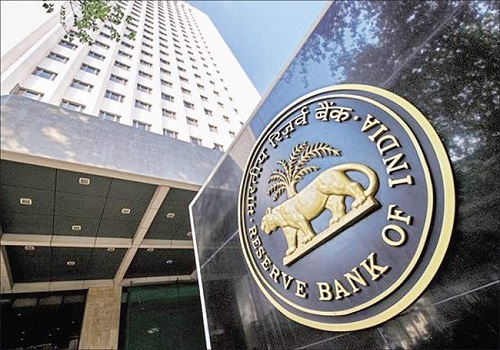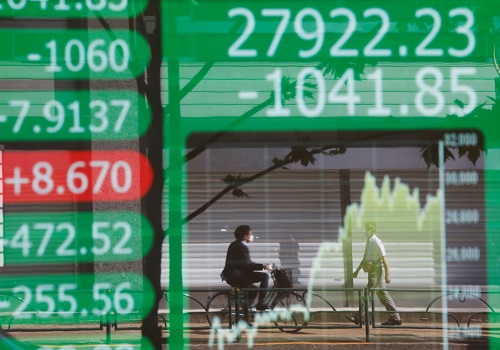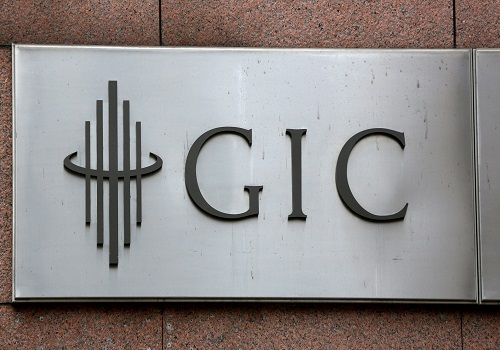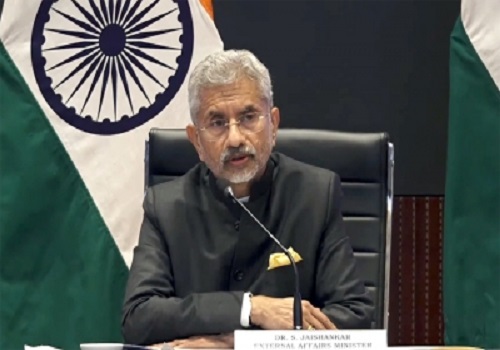Rate cut may not materialise before last quarter of FY24

Given such uncertainty on the inflation front, the likelihood of an extended pause on interest rates has been reinforced, says Suman Chowdhury, Chief Economist, and Head- Research, Acuite Ratings & Research.
“In our opinion, any possible rate cut may not materialize before the last quarter of FY24. The liquidity will be slightly tighter than expected in the near term due to the ICRR imposition and this may lead to some increase in short-term rates,” Chowdhury said.
Clearly, the Reserve Bank of India (RBI) takes into cognizance the upside risks to inflation emerging from higher global food prices accruing from increased climate risks and also the recent hardening in crude oil prices.
The Monetary Policy Committee (MPC) has again revised its average inflation forecast to 5.4 per cent in FY24 from 5.1 per cent earlier, due to the sharp rise in vegetable prices in the current quarter and its consequent impact on the average inflation in Q2 which has been revised substantially to 6.2 per cent.
However, the RBI also believes that such a rise in food prices should be temporary and should get corrected by Q3, given the expectation of a largely normal monsoon.
Madhavi Arora, Lead Economist at Emkay Global Financial Services, said the immediate impact of RBI absorbing liquidity via ICRR will be mild hardening of money market rates for borrowers including NBFCs/corporates, while for banks as well there will be slight impact on their NIMs (3-4 bps) depending on the instruments where they were parking the money (assuming 14.5 per cent effective CRR).
That said, some banks (PSBs specifically) benefitted more than others from the liquidity glut due to Rs 2,000 notes withdrawal, while others toiled to get deposits by increasing rates, Arora said.
However, all the banks will have to maintain ICRR and thus could be construed as unfair to some banks who did not benefit much from the Rs 2,000 notes withdrawal (mainly PVBs).
As expected, the RBI fired warning shots for banks/NBFCs given the aggressive lending (unsecured loans) and they need to retain adequate provision buffers, Arora said.
Marzban Irani, CIO -- Debt at LIC MF, said no change in rates is in line with market expectations.
"Policy rates expected to remain higher for longer. Inflation projections have been increased due to food prices which might settle by September to December. Excess liquidity due to Rs 2,000 notes, RBI dividend and capital flows might fuel Inflation. Hence incremental deposits CRR has been increased by 10 pe rcent. This will absorb excess liquidity. This is a temporary measure," he said.
Satish Menon, Executive Director at Geojit Financial Services, said the inflation forecast has been increased, with the possibility of further upside risk in the near term.
"The overall setback is that high inflation is expected to persist for a long period of time, indicating that interest rates will remain high for a long time. Generally, high interest rates affect corporate earnings growth and valuation.
"However, the impact in India is likely to be nullified due to stable domestic demand and incremental global orders led by China's plus one strategy," Menon added.





















